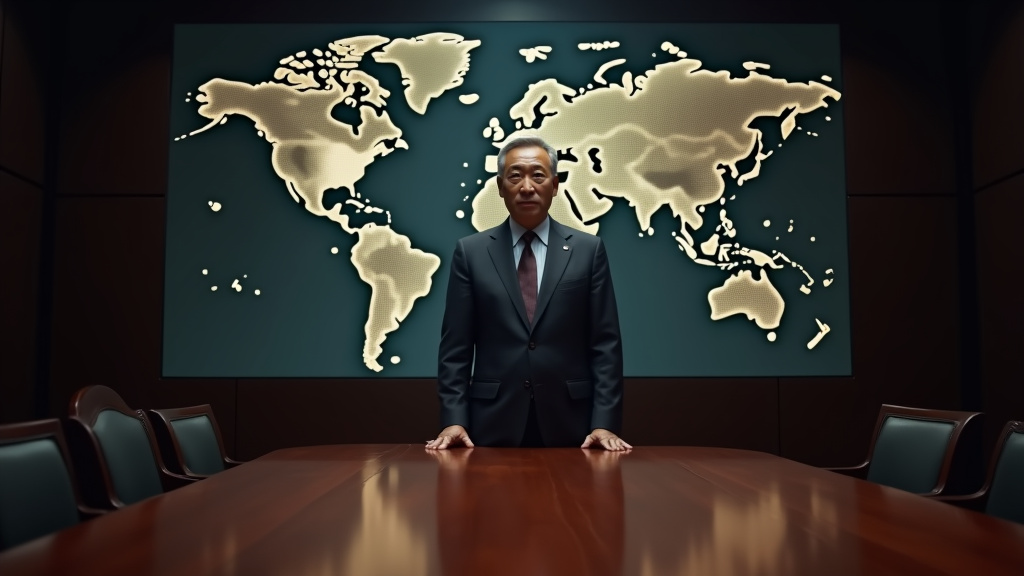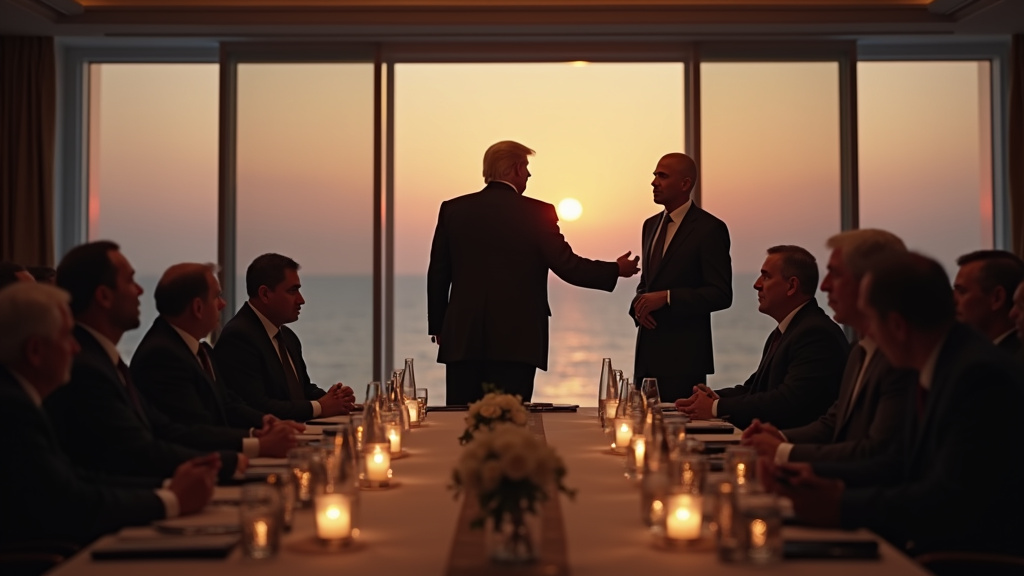Iran Curbs Nuclear Transparency
Tehran has formally enacted legislation that suspends its cooperation with the United Nations nuclear watchdog, state media reported today. This move marks a significant development in Iran’s nuclear program transparency and comes amidst a backdrop of escalating tensions across the broader Middle East region.
The decision to limit interaction with the international body responsible for monitoring nuclear activities follows recent statements from Iranian officials regarding the status of key nuclear facilities. Iranian Foreign Minister Abbas Araghchi revealed in an interview with CBS News that the Fordo nuclear site had sustained “seriously and heavily damaged.” Minister Araghchi attributed this damage to US bombings that he stated occurred on June 21st. The Fordo facility, deeply embedded under a mountain, has been a point of international contention due to its capacity for uranium enrichment.
Escalating Regional Security Challenges
The suspension of nuclear oversight coincides with a series of security-related developments highlighting the volatile regional landscape. These incidents underscore the multifaceted challenges faced by state and non-state actors operating across complex border areas and political arenas.
Israel’s Counter-Terrorism Operations
In related security developments, Israeli troops conducted an overnight raid in southern Syria. Forces specifically from the 474th Golan Regional Brigade and Military Intelligence’s Unit 504 targeted and arrested members of an Iranian terror cell. The operation took place in two locations near the border, successfully apprehending individuals alleged to be part of the network. During the raid, Israeli forces also seized a cache of firearms and grenades, disrupting the cell’s operational capabilities near the sensitive border region.
Border Security and Smuggling Attempts
Further reflecting the ongoing security challenges, the Israel Defense Forces (IDF) reported thwarting two separate weapons smuggling attempts along the border with Egypt in the past 24 hours. These interdictions highlight persistent efforts to illicitly transfer weaponry into the region. The IDF successfully intercepted a drone found to be carrying 10 firearms, indicating the use of airborne methods for smuggling. Additionally, a vehicle attempting to cross the border was stopped, and authorities discovered 14 guns concealed within it. These thwarted attempts underscore the continuous vigilance required to maintain border security.
Internal Israeli Political Dynamics
Against this backdrop of regional security concerns, political maneuvering continues within Israel. National Security Minister Itamar Ben Gvir of the Otzma Yehudit party is reportedly seeking cooperation from Finance Minister Bezalel Smotrich of the Religious Zionism party. The objective is to forge a united political front. Their stated aim is to collectively oppose the Gaza ceasefire deal proposed by the Trump administration. This political alignment reflects internal disagreements within the Israeli government regarding potential arrangements for the Gaza Strip and the broader conflict dynamics.
Outlook on Regional Stability
The confluence of these events—Iran’s decision to limit nuclear oversight, reported damage to a sensitive nuclear site, Israeli counter-terrorism raids seizing weaponry, persistent border smuggling attempts, and internal political rifts over ceasefire proposals—paints a picture of a region grappling with interconnected security, political, and diplomatic crises. The suspension of cooperation with the UN nuclear watchdog adds another layer of complexity to international efforts aimed at monitoring Iran’s nuclear program, while the security operations underscore the persistent threats posed by militant groups and illicit arms trafficking. Observers continue to monitor how these simultaneous developments will impact the delicate balance of power and prospects for stability in the Middle East.





